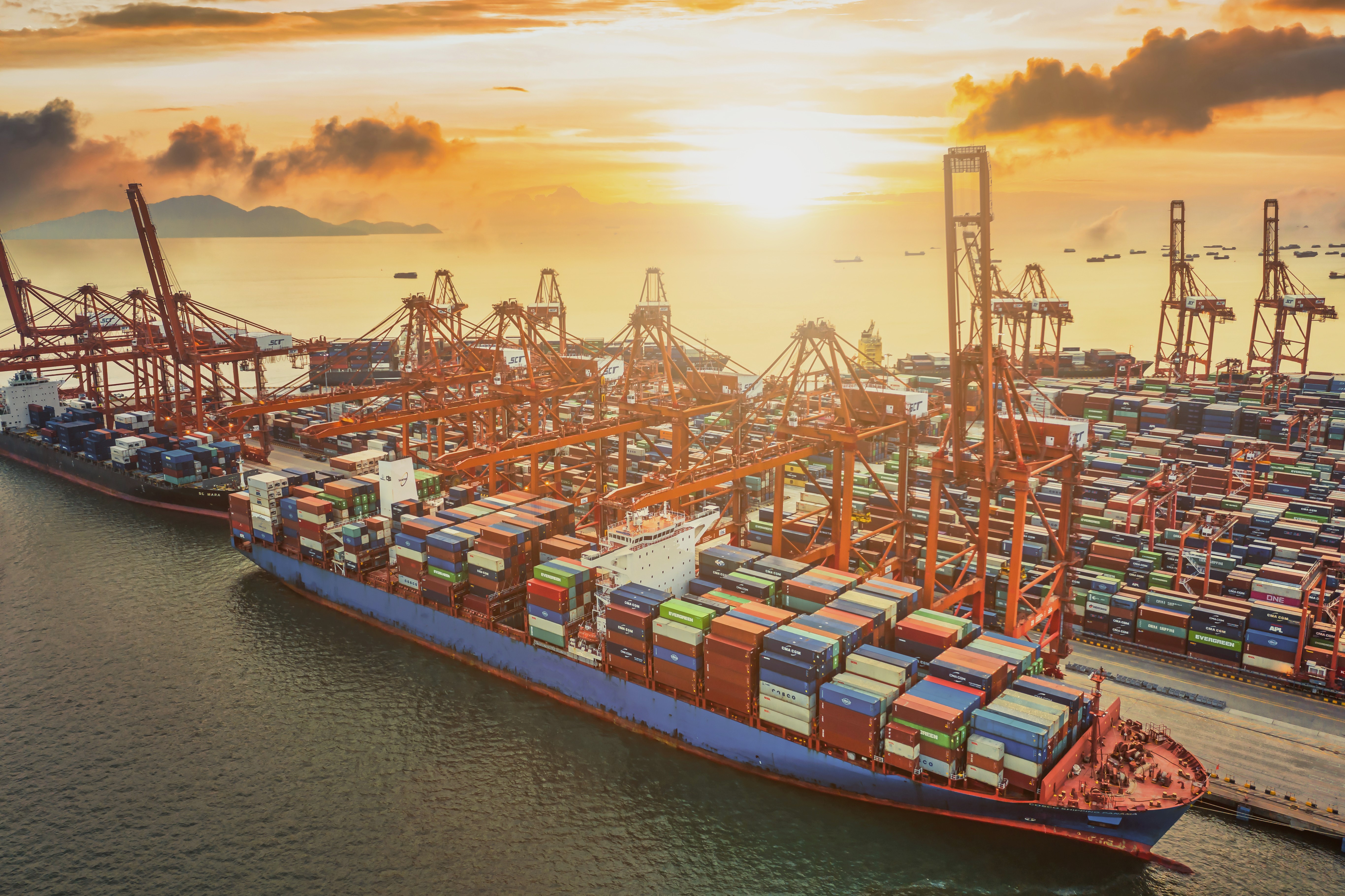
What are the primary financial concerns for Dutch companies, as trade disruptions ramp up?
Dutch companies focus on payment risk mitigation in B2B transactions as trade disruptions ramp up
Companies across various industries in the Netherlands report that payment behaviour from business-to-business (B2B) customers has become more consistent with pre-pandemic trends in recent months.
The closer alignment of the payment risk environment with pre-pandemic trends is reflected in companies offering more lenient payment terms to B2B customers, now set at an average of 45 days from invoicing. While the proportion of B2B sales on credit has remained almost unchanged from last year, a more flexible approach to payment terms highlights the efforts of Dutch businesses to stay competitive and sustain revenue. However, relaxing payment terms for B2B customers in the current uncertain economic climate requires careful cash flow management to bridge the gap between issuing invoices and receiving payments, thus minimising operational disruptions.

What are the concerns for Dutch businesses in the coming months?
Concern over insolvency risk is growing as economic trends continue to evolve
More than one-third anticipate an increase in B2B customer insolvencies in the coming year and express concern about heightened financial risks and vulnerabilities. This perception is largely based upon the potential impact of tariffs and trade war on international trade and the financial health of B2B customers. A variety of approaches to future management of customer credit risk is evident among businesses in the Netherlands. Most Dutch companies say they plan to rely on a mix of in-house and outsourced payment risk management.
Industries with a more stable financial outlook and lower exposure to payment risks, such as consumer durables, are more likely to prioritise internal provisioning. Sectors facing greater liquidity pressures and working capital constraint, construction and transport for example, show a stronger preference for strategic payment risk approaches, involving insurance, highlighting their need for greater financial protection.
The biggest concerns for businesses in the Netherlands in the coming months are the rising tide of regulations, escalating competitive pressures, and the unpredictable volatility of production input costs that threaten to disrupt operations
Industry insights
Construction industry
Increased payment risks have heightened financial strain for Dutch construction companies in recent months, prompting the sector to tighten trade credit offerings in B2B transactions, while providing more payment flexibility to business customers in an effort to remain competitive and sustain revenue amid uncertain market conditions. However, heightened payment risks have made it harder for businesses to collect long-overdue B2B invoices, with twice as many companies reporting longer Days Sales Outstanding (DSO) compared to last year. Stagnant work in progress further exacerbates liquidity pressures for most businesses.
Key industry figures and charts are provided in the report available for download below on this page.

Consumer durables industry
There has been a sharp decrease in B2B late payments in recent months in this sector, while bad debts have remained stable. To manage payment risks, credit offerings in B2B transactions have been restricted, while payment terms for business customers are stable. This cautious approach is reflected in the relatively stable Days Sales Outstanding (DSO), with more improvement than deteriorations, indicating stronger liquidity in the sector. Stock levels are showing more consistency than build-up, indicating that companies are freeing up capital that would otherwise be tied up in unsold goods.
Key industry figures and charts are provided in the report available for download below on this page.

Transport industry
There has been a modest decline in B2B late payments in the Dutch transport industry in recent months, alongside stable bad debts. To stay competitive, companies have increased credit offerings in B2B trade and extended payment terms for business customers. This shift not only helps attract and retain customers by offering more favourable conditions but also supports customer cash flow needs during an uncertain economic climate. Despite the more lenient payment policies, Days Sales Outstanding (DSO) has remained stable for most Dutch transport companies, indicating that payment collection rates are consistent, and cash flow remains steady.
Key industry figures and charts are provided in the report available for download below on this page.

Interested in finding out more?
For a complete overview of the 2025 survey results for Western Europe download the full report available in the related documents section below.
To explore more on how these insights can strengthen your own credit risk strategy, speak with us at Atradius to see how we can help you stay ahead.
- Dutch companies say that business customers delay payments primarily due to liquidity challenges resulting from subdued economic growth and increasing trade disruptions
- Companies seek payments risk mitigation through strategic cash flow management aimed at minimising operational disruptions
- Looking ahead, over one-third of Dutch businesses expect an increase in B2B customer insolvencies in the coming year
- Managing liquidity and cash flow is the primary concern for Dutch companies, as these factors directly impact their operational stability and financial health


































